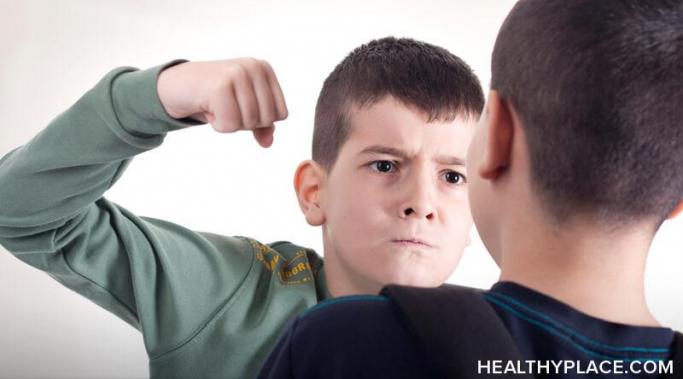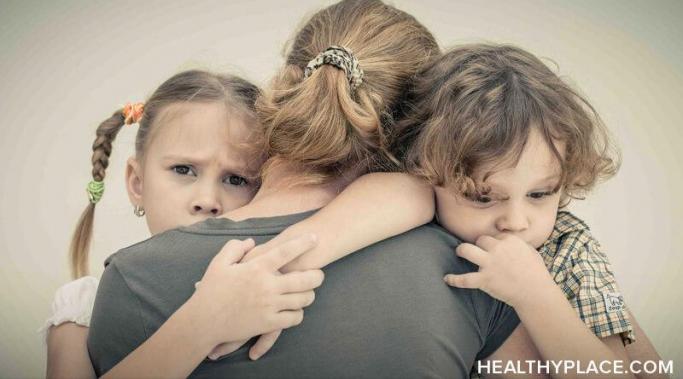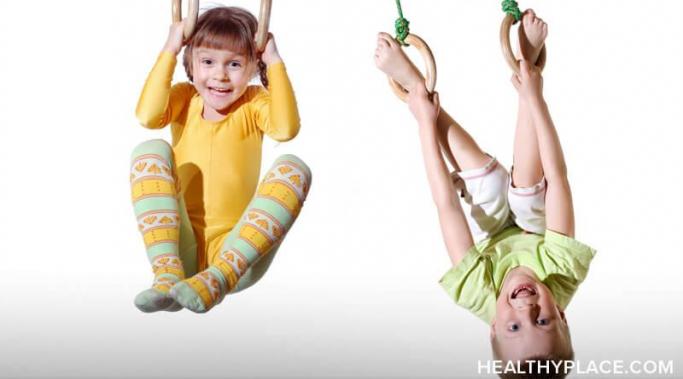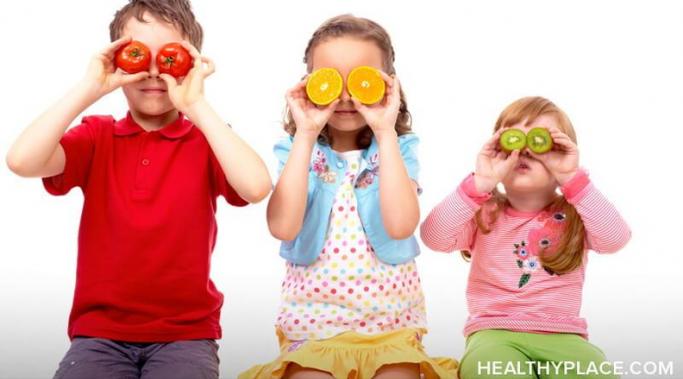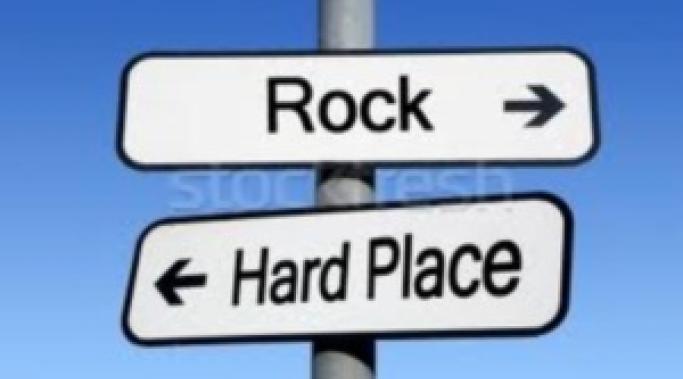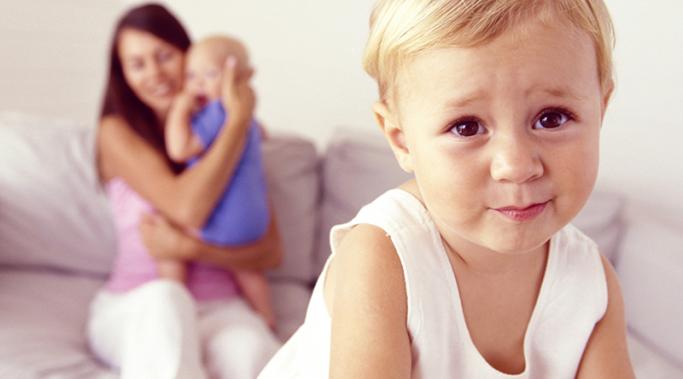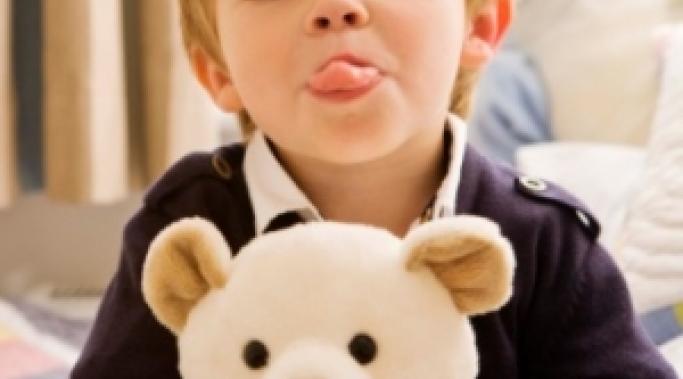My family experiences sibling abuse because my son has disruptive mood dysregulation disorder (DMDD). This means his emotional responses are violently out of proportion to the trigger. Worse, the trigger is often his sister. If he perceives her to get anything positive that he does not, Armageddon breaks out. I don't know how siblings without mental illness interact. All I know is that the fighting that goes along with sibling abuse is exhausting.
Siblings of Mentally Ill Child
Siblings of a child with mental illness don't have it easy. Managing children is a balancing act. Throw in mental illness, and that balance disappears. Sadly, this doesn't usually favor the child without the mental illness. I have many fears for my younger daughter who often lives in the shadow of her brother's behavior disorder. I'm betting many parents like me have the same fears for the siblings of a child with mental illness.
The parenting questions I've been wrestling with recently are how much independence to allow my son with mental illness and how do I foster independence for him. Should I be a "helicopter mom" or a "free-range parent"? Sadly, I don't have a pilot's license, and my children aren't livestock, so I have no idea. I can tell you, though, that the question of independence is an entirely different one for my daughter who doesn't have a mental illness than it is for my son who does (Siblings of Children with Mental Illness). How do I foster independence in my child with mental illness?
Raising siblings of children with mental illness is challenging. My husband and I have spent so much energy on my 17-year-old son Bob who lives with bipolar disorder and social anxiety, his younger sister, Hannah, is sometimes neglected. Hannah, the sibling of a child with mental illness, has witnessed multiple crises in our family. She has been the trigger or target of her brother's outbursts. It is no wonder she is struggling with mental health issues of her own.
I'm not sure when it happened, but The Toddler has determined "Mom Time" is a good thing. Good enough to be fought for. Begged, borrowed, and stolen for. Bob, not to be outdone in this attention-seeking contest, has upped the ante (however unintentionally). The end result? One Mom, looking like taffy, stretched and pulled, pulled and stretched, ready to snap and feeling pretty similar.
When I picked up Bob from a week-long visit with his father last weekend, I knew it was going to be a tough day. It always is when he comes back from these visits. I never know what exactly to expect, just that conflict will arise.
This time, the conflict was within me.
I've receive innumerable comments from readers about how their child's psychiatric illness has taken a toll on their marriages. I'd be lying if I said my husband and I are the exception. The tension in our house has been thick enough to spread on a bagel, and over the course of this year, it's gotten progressively worse.
No parent wants their children to grow up and accuse them of paying more or less attention to them than one (or more) of their siblings. But if one of your children has a psychiatric illness, the scenario is more likely to become reality than not.
You may have heard of the five "survival roles" often taken on by alcoholic families--Chief Enabler, Hero, Scapegoat, Lost Child, and Mascot. Sharon Wegsheider-Cruse is credited with identifying these roles within families living with chemical dependency in 1976. I learned these roles in high school when I attended a meeting for children of alcoholics to support a friend. Imagine my confusion when, in the course of the meeting, I began to recognize at least a few of the characters within my own family, even though none of us were chemically dependent. (The survival roles have since been applied to the broader scope of "dysfunctional" families.)
A family is a single, cohesive unit (no matter how loudly some members may protest to the contrary). When part of the family doesn't function as it should, the other parts adapt in an effort to retain or regain that function as a unit. Every member contributes in some way. Unfortunately, even the youngest members of a family take on roles when the need is sensed.
It has come to our attention recently that our child is kind of a brat.
I'm not talking about Bob--I'm talking about his younger brother, "Two." It seems we pay such close attention to Bob (particularly this time of year), we've completely failed to notice the other little monster we're creating.
